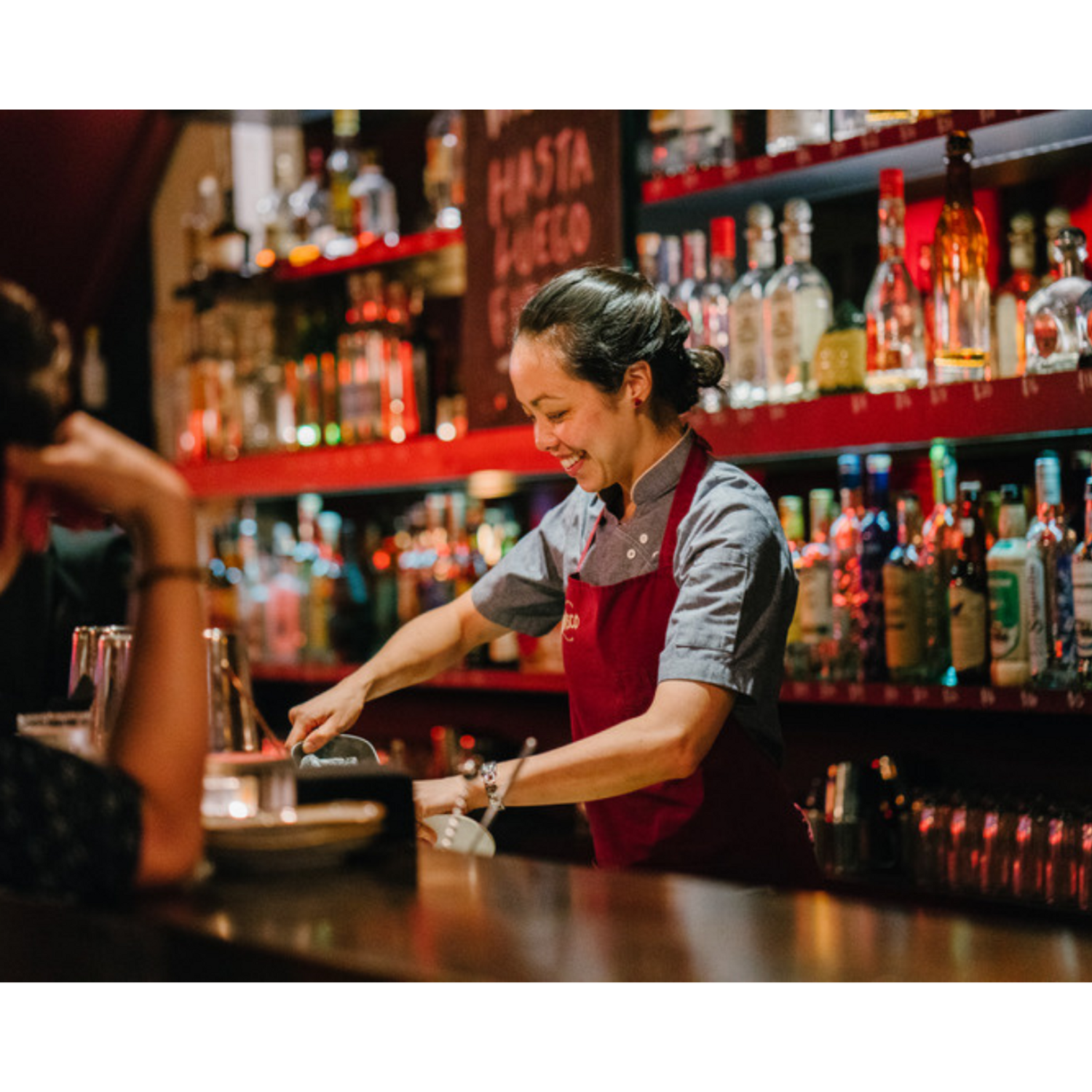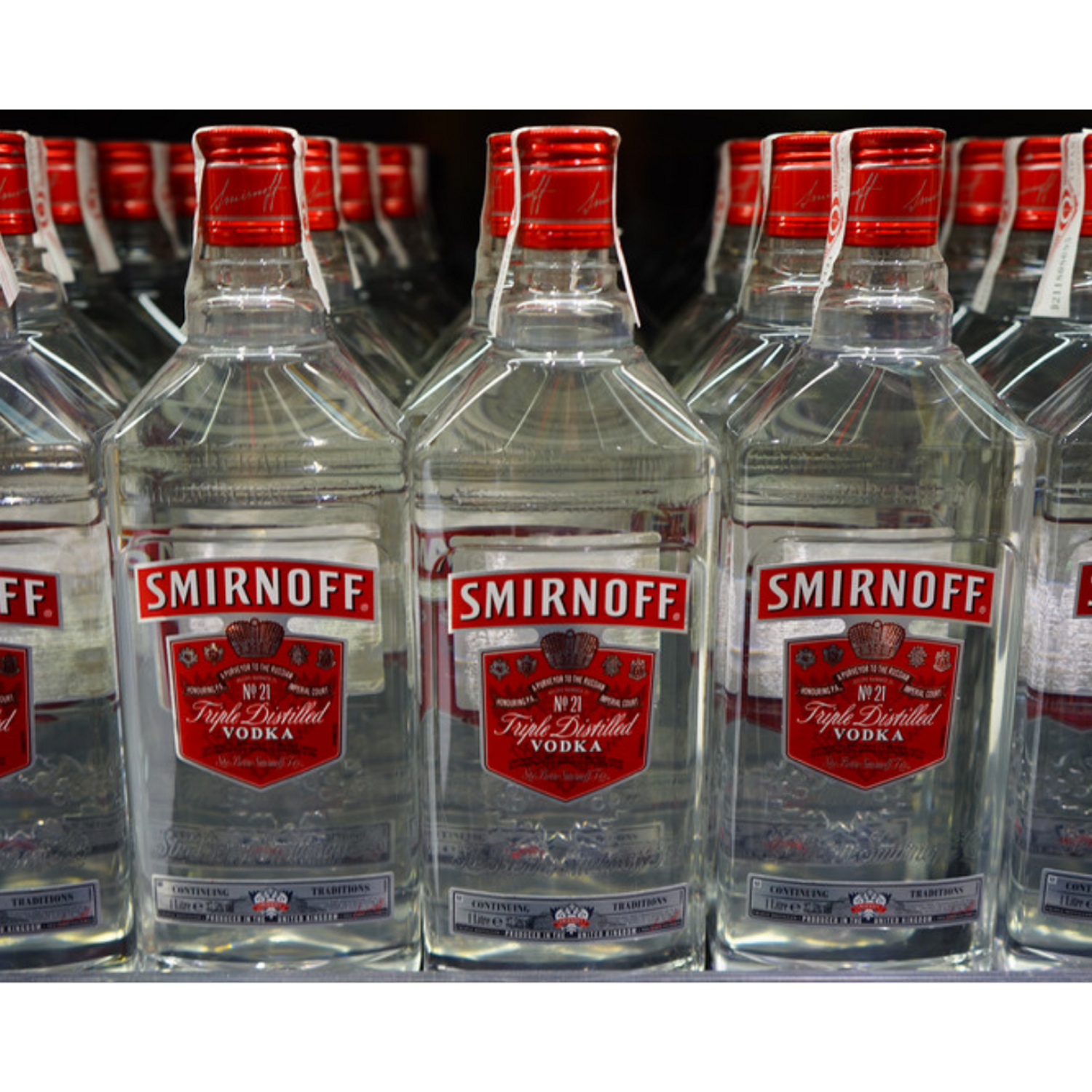Duty tax cuts on Draught Beer, Cider and Sparkling wine - what does this mean for those struggling with addiction?
Chancellor Rishi Sunak plans to cut duty tax rates for some alcohols in the 2021 budget. With the recent news announcement, there comes some concerning questions.
For many the news may seem like a great idea – cheaper drinks and helping out pubs across the UK. Especially after a devastating 18 months due to the Coronavirus. Taxes on sparkling wine, draught beer and cider are to be cut, but there will be an increase in tax for stronger drinks such as red wine. Although this may put a smile on a lot of peoples faces, there are some concerns.
How will this affect the alcohol consumption of people in the UK? And how will this affect those people struggling with issues around alcohol?

The 2021 budget announcement doesn’t appear to directly change much for people already suffering with alcohol addiction. For many individuals with an unhealthy relationship with booze, they opt for high strength cheap alcohols. These seem to be exempt from the new budget for now. With the planned increase on duty for spirits, wine, cider and beer which was due to take effect on Wednesday 27th October cancelled, not much is really changing for ‘typical’ alcoholics.
However, the budget news may increase the amount of people drinking in pubs across the UK, with the price of a regular pint said to be reduced by 3 pence and a glass of prosecco by 87 pence. This could lead to a higher percentage of the general public abusing alcohol more heavily and regularly. This doesn’t necessarily imply that alcoholism will increase, but if alcohol consumption increases it may have negative implications in other parts of the system.
For example, if more people are consuming more alcohol, the risk of anti-social behaviour could increase. This could be worrying for the health sector as more people may be getting in fights or injuring themselves whilst under the influence. There is also a greater risk of people getting liver damage and needing treatment. According to data from Alcohol Education Trust 530 people died from alcohol poisoning in the UK in 2018.
The NHS has been and continues to be pushed to its limits, especially after COVID-19. This aspect of the new 2021 budget announcement doesn’t appear to consider these factors.
With stronger alcohols not getting more expensive, those affected by alcoholism won’t see much of a change. Not until an increase affects the price of the types of booze they consume, such as wine and spirits, will there be any impact. This impact may be that addicts find it more difficult to buy alcohol because of costs which may result in people finding different ways to get hold of some booze, such as stealing.
When looking at the typical types of alcohol individuals struggling with alcohol addiction tend to reach for, it is usually low cost already. Many opt for spirits and wines. They often choose these because of the high percentage of alcohol units. This means they are able to fuel their addiction and consume more alcohol quickly.
Purchasing these types of alcohol is easy. You can walk into any supermarket or corner shop and pick up a 70cl bottle of vodka for around £11. The lower price paired with the high percentage of alcohol is typically why people struggling with addiction choose these types of drinks.
It is also important to look at the price of alcohol compared to soft drinks. In many cases a big bottle of cider is often cheaper than a bottle of Coca-Cola. This in itself highlights a possible reason why people may opt for the alcoholic option.

When analysing what more could be done to help combat Alcohol Addiction many people have different views.
Is it the responsibility of the government?
Many people say that the government could do more to help combat addiction. This could be by increasing the price of alcohol in general. It could be by targeting specific drinks which ‘typical’ alcoholics may reach for. In the case of the 2021 budget announcement, this wasn’t taken into consideration.
Is it the shops themselves?
Some people may say the shops themselves should take responsibility to help combat addiction. This could be by changing the layout of the shop.
For example, not having the alcohol section as the first thing that you see when you enter the store.
Some people may argue that the shops should be more selective when selling alcohol to customers. For example, not selling alcohol to someone who may appear already intoxicated.
Again, some people think that alcohol should only be bought at certain times of the day. This has been implemented in other countries.
Is it the individuals?
The individual who is suffering from the addiction is the only one who can really stop it. Although other factors could possibly help to combat alcohol addiction, these may often work best as a prevention, rather than impacting those already suffering. It is down to the individual to make the decision to stop and reach out for help. The only way to be successful in recovery is to admit you have a problem and start your journey to better yourself.
Is it the family and friends?
Some may argue that family and friends of alcoholics can do more to help combat alcoholism. This could be through their actions, for example, if you were going for a family meal, don’t go to a pub.
Some may argue people shouldn’t drink in front of someone who is suffering from alcohol addiction. It is also said that the family and friends of someone who is struggling should be willing to understand the disease and want to offer support to the individual.
In the budget announcement, it was made apparent that there will be higher duty for stronger alcohol with the new system in 2023. This could have an impact on the drinking habits of those struggling with alcoholism. However this doesn’t necessarily mean that the alcohol consumption will decrease.
By increasing the tax on certain alcohols, it may change the type of alcohol the individual consumes or can afford. The announcement doesn’t necessarily mean it will act as a deterrent for these people because they are dealing with an addiction. This addiction is an illness and many people suffering will be willing to take risks to satisfy their cravings.
This could result in other issues, for example, crime rates could go up as many people may be willing to steal alcohol. According to Alcohol Change, in 2016/17 in England and Wales, 12.4% of theft offences, 20.6% of criminal damage and 21.5% of hate crimes were alcohol-related.
It could also increase drug use as in some cases it may be cheaper to buy a gram of an illegal substance than to buy the higher percentage alcohol.
Overall, the 2021 budget announcement likely won’t affect things for people suffering with alcohol addiction. The drinks they usually reach for will be staying the same price. Although, the future 2023 tax plans could have an impact on the type of alcohol many individuals suffering may consume. There may be slight changes in the future but as of now much will stay the same.
However, this news can be worrying for people, especially those people suffering with alcohol addiction or friends and family of someone suffering. This news does bring up topics of how we can support people struggling with alcoholism. Some people may say that there does need to be more support from the government and society in general to help get people into recovery and end the stigma surrounding addiction.
The news also highlights other sectors which may encounter problems because of the announcements. Some of these are mentioned above. Such as the increase in people needing the NHS for alcohol related injuries, and an increase in crime.
If you or a loved one are suffering from alcohol addiction, do not hesitate to get in contact with our specialist staff. They are always on hand to answer any questions or queries you may have. We are here to support you or your loved one.
